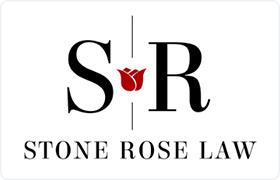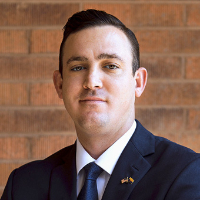Crown King Juvenile Law Lawyer, Arizona
Sponsored Law Firm
-
 x
x

Click For More Info:
-
Stone Rose Law
8010 E McDowell Road Suite 105 Scottsdale, AZ 85257» view mapCriminal Defense High-Quality & Affordable Representation
If you have been charged with a crime, you need experienced representation from a Phoenix criminal lawyer at Stone Rose Law.
800-964-0510
Birthe April Goswick
Juvenile Law, Criminal, Wrongful Death, Accident & Injury
Status: In Good Standing Licensed: 14 Years
Birthe April Goswick
Juvenile Law, Criminal, Wrongful Death, Accident & Injury
Status: In Good Standing Licensed: 14 Years
Jennifer D Jordan
Juvenile Law, Dispute Resolution, State Government, Family Law
Status: In Good Standing Licensed: 43 Years
Lynn M Harris
Juvenile Law, Trusts, Business & Trade, Business
Status: In Good Standing Licensed: 27 Years
Lynn M Harris
Juvenile Law, Trusts, Divorce & Family Law, Business
Status: In Good Standing Licensed: 27 Years
 Steven Scharboneau Scottsdale, AZ
Steven Scharboneau Scottsdale, AZ Practice AreasExpertise
Practice AreasExpertise
